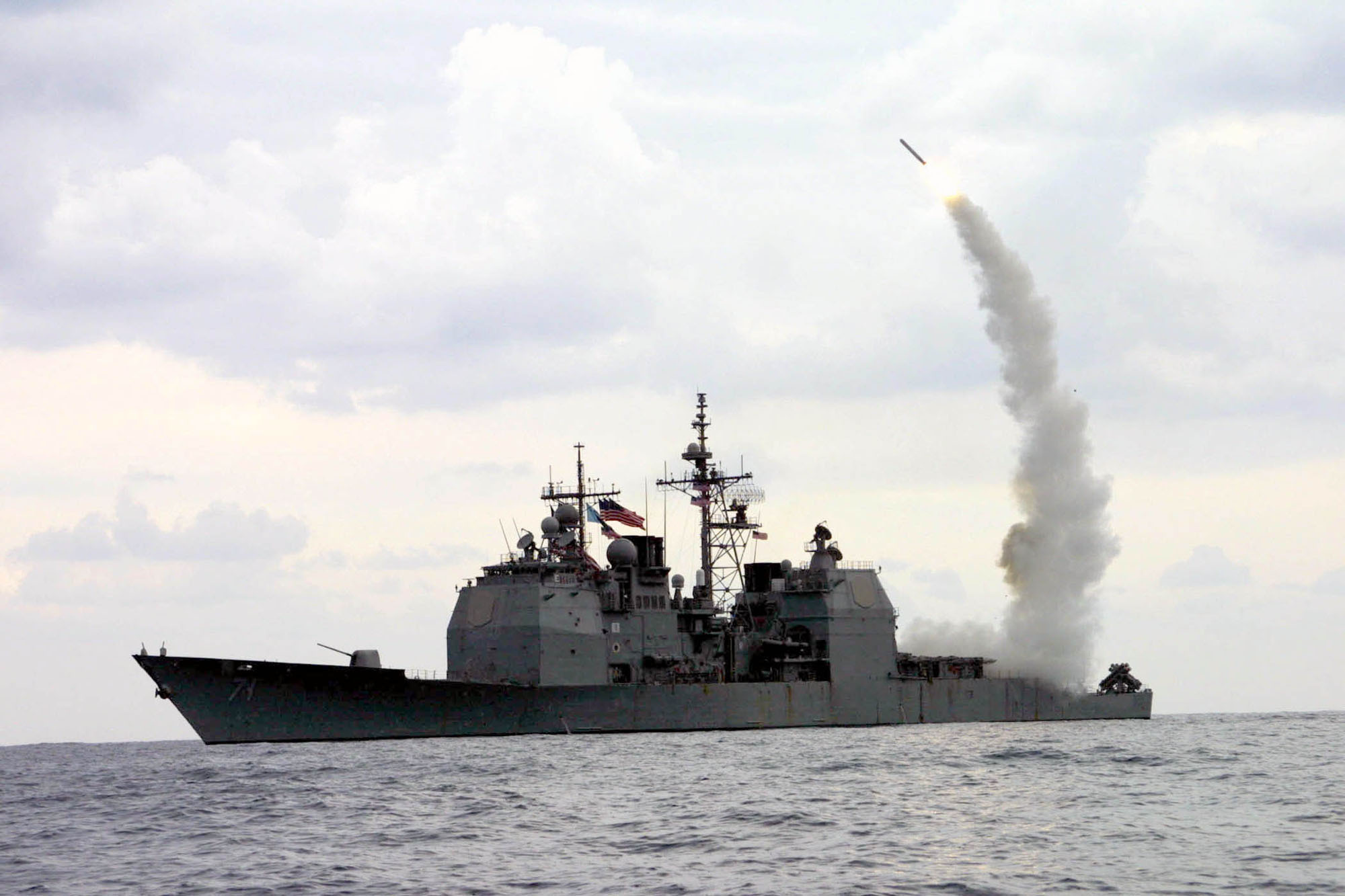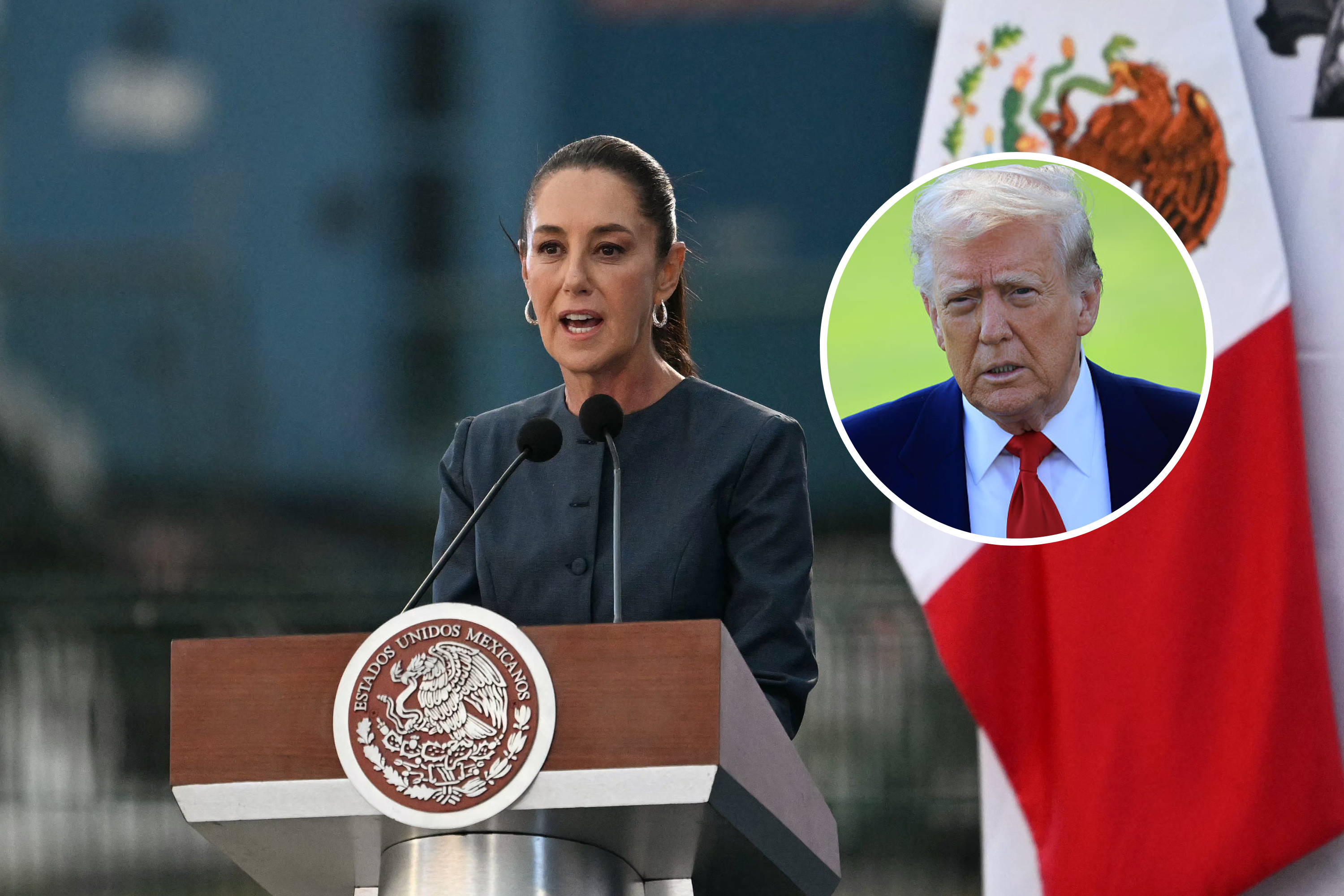🎙️ Voice is AI-generated. Inconsistencies may occur.
Though President Donald Trump's April 9 "Liberation Day" tariff offensive sent global markets into chaos and slapped new levies on nearly every U.S. trading partner, one conspicuous exception stood out: Russia.
The decision not to impose new tariffs on a country still sanctioned by much of the West has fueled speculation that China could use its closest geopolitical partner as a workaround to keep its exports flowing.
Newsweek reached out to the White House and Russian and Chinese foreign ministries with emailed requests for comment.
Russia's Tariff Exemption: A Gift Or Gap?
Trump's "Liberation Day" policy, which hiked tariffs across roughly 180 countries and territories, sent U.S. stocks tumbling by more than $5 trillion in just two days. But the Russian Federation—under heavy U.S. sanctions since its 2022 invasion of Ukraine—was left untouched.
Administration officials have cited ongoing U.S. sanctions as a primary reason for Russia's exclusion from the list.
"We're not doing business, essentially, with Russia, because they're at war," Trump told reporters.
The U.S. imported just $3.5 billion in goods from Russia in 2024, according to the Office of the U.S. Trade Representative—barely 12 percent of what it did in 2021 before the February 2022 invasion of Ukraine.
But Trump's economic adviser, Kevin Hassett, told ABC News that the exemption was meant to avoid disrupting negotiations toward a ceasefire. That fits with Trump's campaign promise to end the war within his first 100 days.

The Quiet Rationale
"Russia has been excluded from the tariff because it sells almost no goods which could be made in the United States," Christopher Weafer, CEO of Russia-focused consulting firm Macro-Advisory, told Newsweek. "But it still provides things the U.S. needs—titanium, nuclear fuel, fertilizer, and other materials such as platinum."
Bin Yu, political science professor and director of East Asian Studies at Wittenberg University, said the exemption of Russia likely reflected three main factors: the overall low level of trade between the U.S. and Russia after years of sanctions, the role of Russian enriched uranium in U.S. nuclear energy production, and sensitive diplomatic efforts.
"The ongoing U.S.-Russian negotiation on resumption of diplomatic ties is perhaps the most important factor here, and the Trump administration does not want to jeopardize the process," he told Newsweek.
China-Russia Trade: A Deepening Tether
Trade with China has flourished amid the international sanctions regime and helped keep Moscow's economy afloat through continued purchases of discounted Russian oil and natural gas.
Chinese firms have also exported dual-use technology that U.S. and European Union officials say has supported Russia's military-industrial base, abetting the war effort.
Bilateral trade hit a record $244.8 billion in 2024. But it rose just 1.9 percent after a 26 percent jump in 2023 amid increased complications with cross-border payment stemming from Biden administration secondary sanctions that spooked many Chinese banks and exporters.
Enforcement
The Trump administration also announced tariffs on obscure locations like the Heard and McDonald Islands—uninhabited Australian territories in the Indian Ocean populated only by penguins and seals, arguing that it was necessary to close potential trade gaps that China or others could exploit.
"Weafer noted that Chinese manufacturers had previously routed exports through countries like Vietnam and Bangladesh to avoid earlier U.S. tariffs, and said the administration's move to include even remote locations like the Heard and McDonald Islands are aimed to close off similar routes this time.
The U.S. imported $1.4 million of "machinery and electrical" goods from Heard Island and McDonald Island in 2022, at least according to world bank export data. The Guardian identified some of these goods as having originated from Austria, based on bills of lading.
The Transshipment Question
Is Russia a realistic channel for tariff dodging?
Henry Gao, professor at Singapore Management University's Yong Pung How School of Law, said that despite its closeness to China and tariff exemption, Russia is unlikely to become a tariff-skirting transshipment hub à la Heard Island.
"The concern is about China increasing exports to Russia, rather than using Russia as a transshipment point to the U.S.—which is unlikely given existing sanctions and tariffs on Russian goods ranging from 35 to 200 percent," he told Newsweek.
"Increased Chinese exports to Russia, however, are highly likely, just as China is expected to redirect exports to other markets like the EU. In turn, I'd expect other countries to also impose additional restrictions on Chinese exports."
As for the possibility of manufacturing Chinese goods within Russia, Weafer said Russia lacks the industrial and labor capacity.
If diplomacy holds and a ceasefire in Ukraine is reached, he said, the U.S. could even scale up imports of "critical minerals and heavy oil for the Gulf refineries" from Russia—particularly as tensions with China push Washington to reduce dependence on Beijing.
As for whether China might set up shop in Russia and use the country as a manufacturing base, Weafer pointed out that Russia's labor force is aging and short on available workers, with an unemployment rate of just over 2 percent.
"Also, while the U.S. is not about to add tariffs to materials it needs from Russia, it would quickly target a shirt made in Russia with Chinese capital," he added.
Could Russia Shield China's Economy?
Russian analysts have mixed views on whether China might shift goods to Russia to soften the blow of American tariffs.
Sofia Donets, chief economist at T-Investments, told Russian news agency RBC: "What previously pushed us to rapprochement with China in the form of geopolitical sanctions is now gaining some kind of new breath. The spiral of trade wars pushes us even more into each other's arms. We definitely did not lose from the first round."
She added that the relationship has transitioned "to effective competition," as both sides deepen trade and currency coordination.
Pavel Kuznetsov, vice president of the National Coordination Center for International Business Cooperation, struck a cautious note, saying: "We do not expect a significant increase in exports to Russia or specifically to the BRICS countries from China in the context of a new round of the tariff war between China and the United States."
BRICS—named for its original members Brazil, Russia, India, China, and South Africa—is a loose economic and political bloc of emerging markets aiming to challenge Western dominance in global governance and trade.
Update 4/15/25, 1:00 a.m. ET: This article has been updated with a comment from Henry Gao and additional context.
About the writer
Micah McCartney is a reporter for Newsweek based in Taipei, Taiwan. He covers U.S.-China relations, East Asian and Southeast Asian ... Read more




